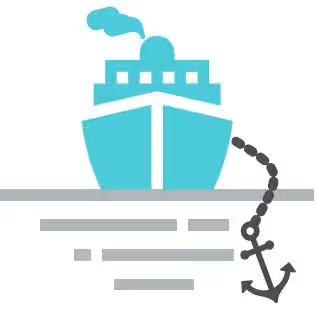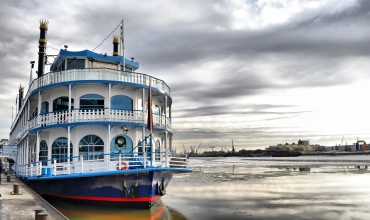The Role, Responsibilities and Expertise of a Marine Engineer
No vessel can operate without engines, fuel systems, water treatment plants and other machinery required for normal functioning. To ensure smooth operation, troubleshoot malfunctions, and prevent emergencies, ships rely on a team of marine engineers, each with their own specialized duties.
Who is a Marine Engineer?
The term “engineer” became widespread during the rapid industrialization of the 19th century, though the profession itself dates back to ancient Rome, where specialists maintained water-pumping systems.
A marine engineer is a maritime professional responsible for ensuring the safe, uninterrupted operation of all onboard machinery and systems.
A qualified marine engineer must possess the following traits:
- Focus and concentration.
- Physical and mental endurance.
- Independent decision-making skills.
- Precision in execution.
- Adaptability and willingness to learn.
However, even with these qualities, certain medical conditions may disqualify a candidate, including:
- Poor vision.
- Neurological disorders.
- Mental health conditions.
- Musculoskeletal diseases.
Marine engineers perform repairs either independently, under the supervision of the Chief Engineer, or in collaboration with other specialists to expedite complex tasks. They must also identify and mitigate hazardous situations involving engines and other machinery. In emergencies, they lead damage control efforts, ensuring crew safety.
Education, Certification and Career Opportunities
Aspiring marine engineers must complete theoretical and practical training at maritime academies, colleges, or universities. Vocational schools emphasize hands-on experience but require additional certification for full qualification.
To obtain a Third-Class Marine Engineer’s License, candidates must demonstrate expertise in:
- Shipboard machinery, including operation, maintenance and repair.
- Thermodynamics, electrical engineering and electronics.
- Applied sciences and hydraulic systems.
- Metallurgy and material properties.
Additional mandatory knowledge includes:
- Life-saving equipment.
- First aid procedures.
- Fire prevention.
- Firefighting techniques.
Maritime companies offer competitive salaries, structured voyage schedules and clear career progression, making this a highly sought-after profession. However, the job has both advantages (high pay) and challenges (demanding conditions).
Working in the Engine Room
One of the toughest aspects of the job is the confined environment of the engine room. While some maintenance occurs on deck, engineers spend most of their time below, in a high-risk setting.
Due to the strenuous nature of the work, engine crews operate in rotating shifts-typically 4 hours on duty, followed by 8 hours off-ensuring 24/7 coverage.
Harsh conditions include:
- Limited space.
- Physically demanding labor.
- Exposure to fumes and high noise levels.
- All personnel must wear protective gear while on duty.
During shifts, engineers monitor:
- Main engine performance.
- Hydraulic and fuel systems.
- Immediate troubleshooting of malfunctions.
- In case of a critical failure, the entire team is mobilized to prevent disaster.
Proactive maintenance of engines, fuel injection pumps and auxiliary systems is crucial to avoiding emergencies that could endanger the entire crew. Marine engineering is a challenging yet rewarding career, combining technical expertise with vital operational responsibility.

